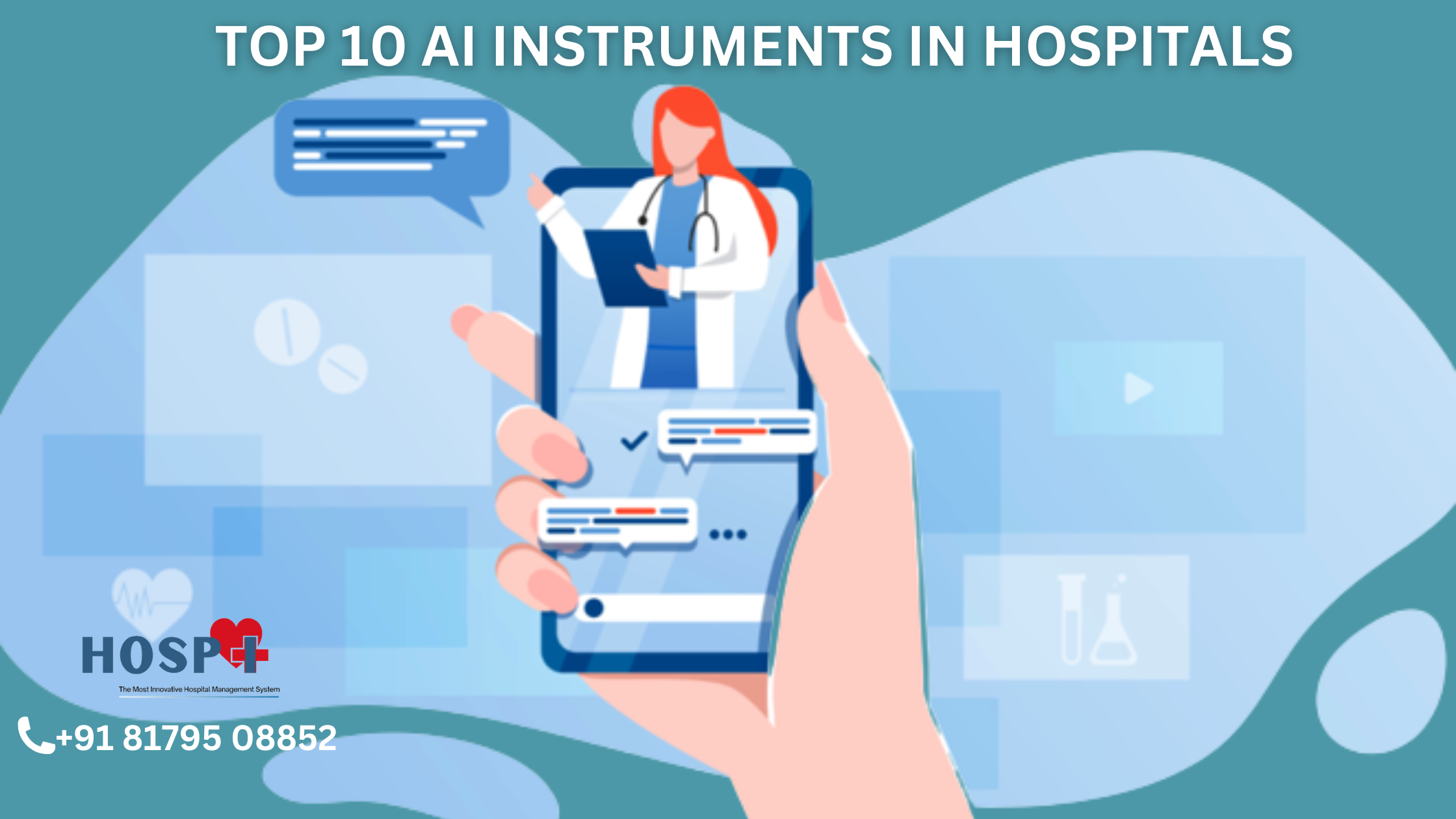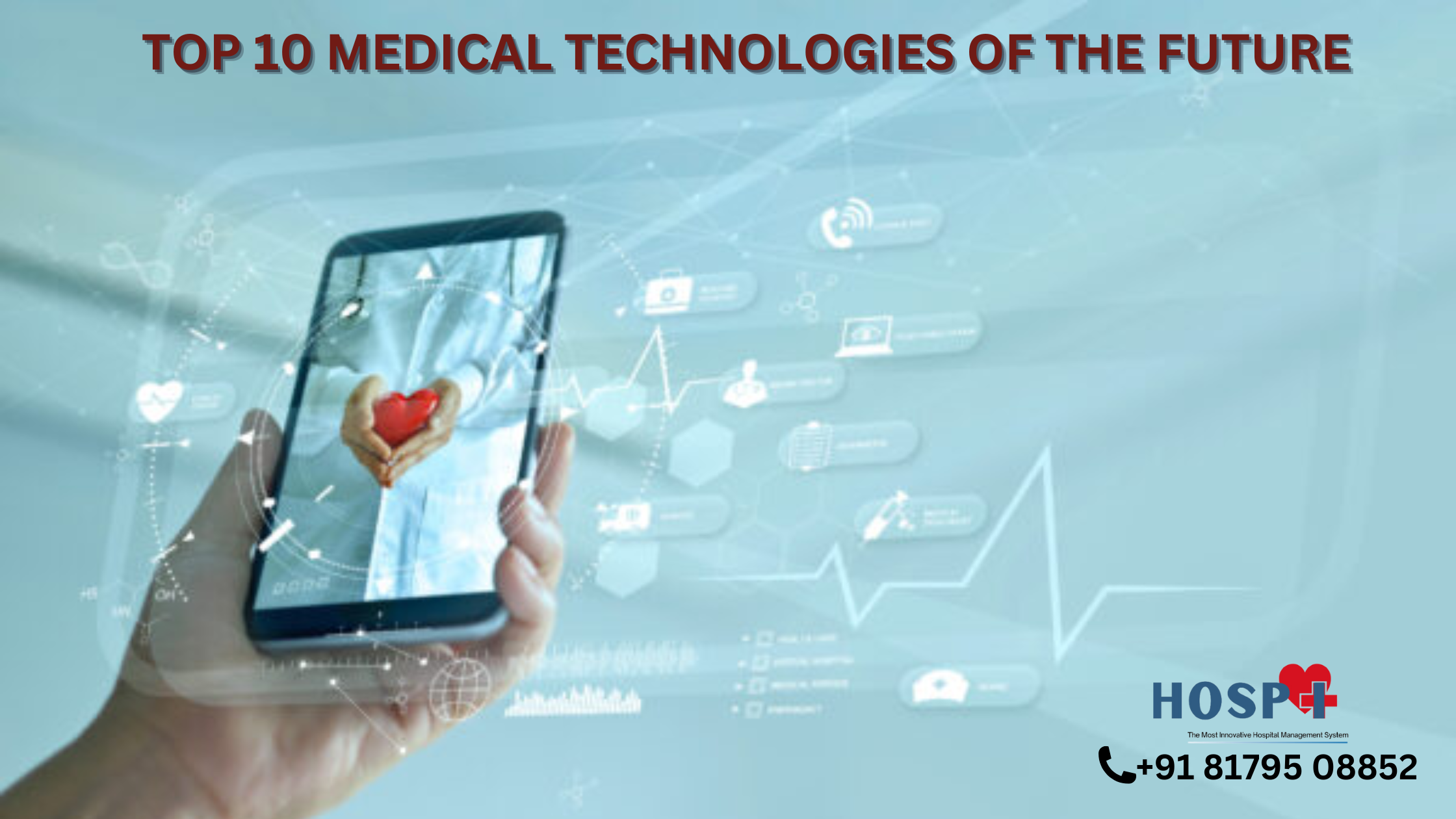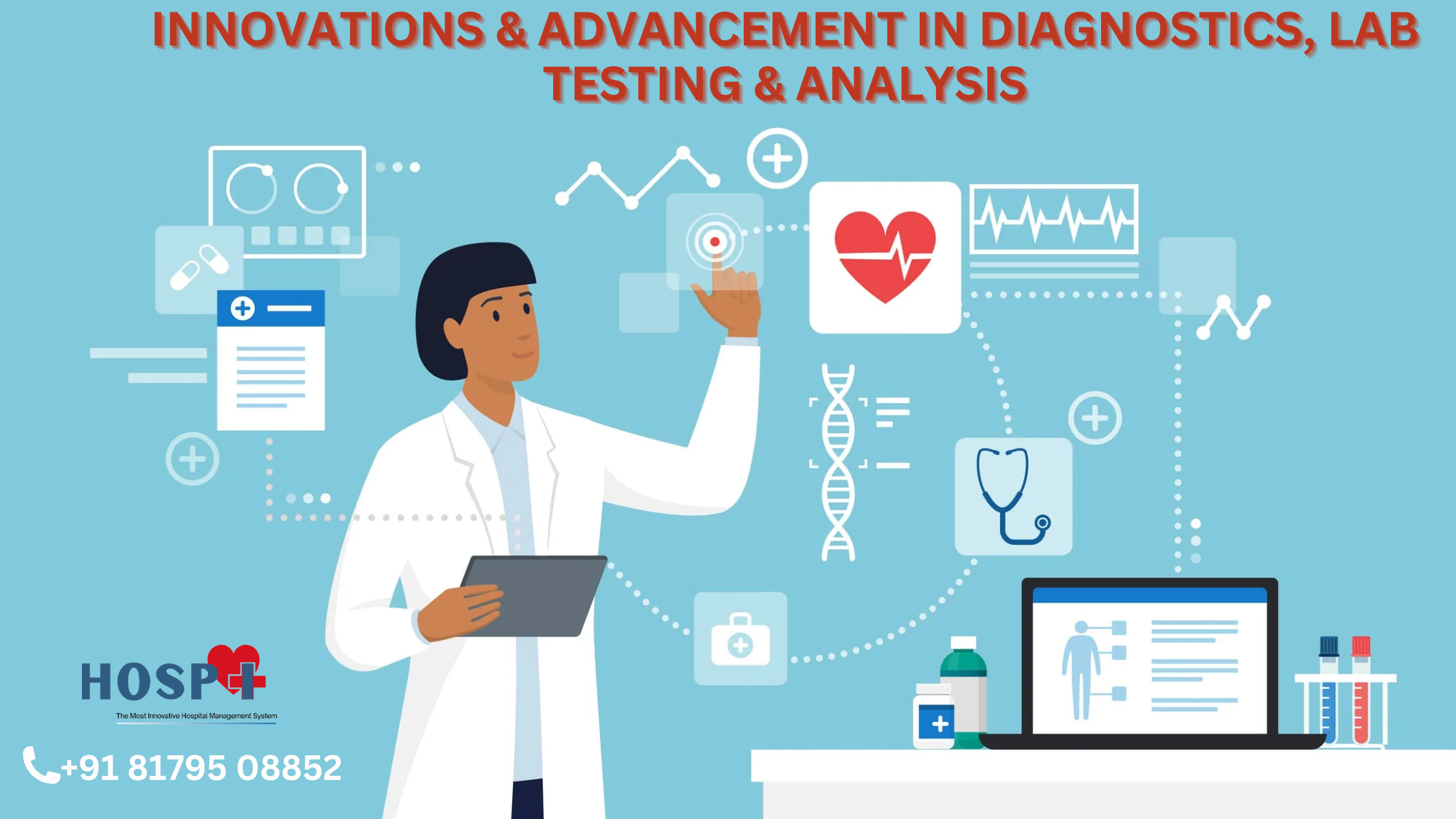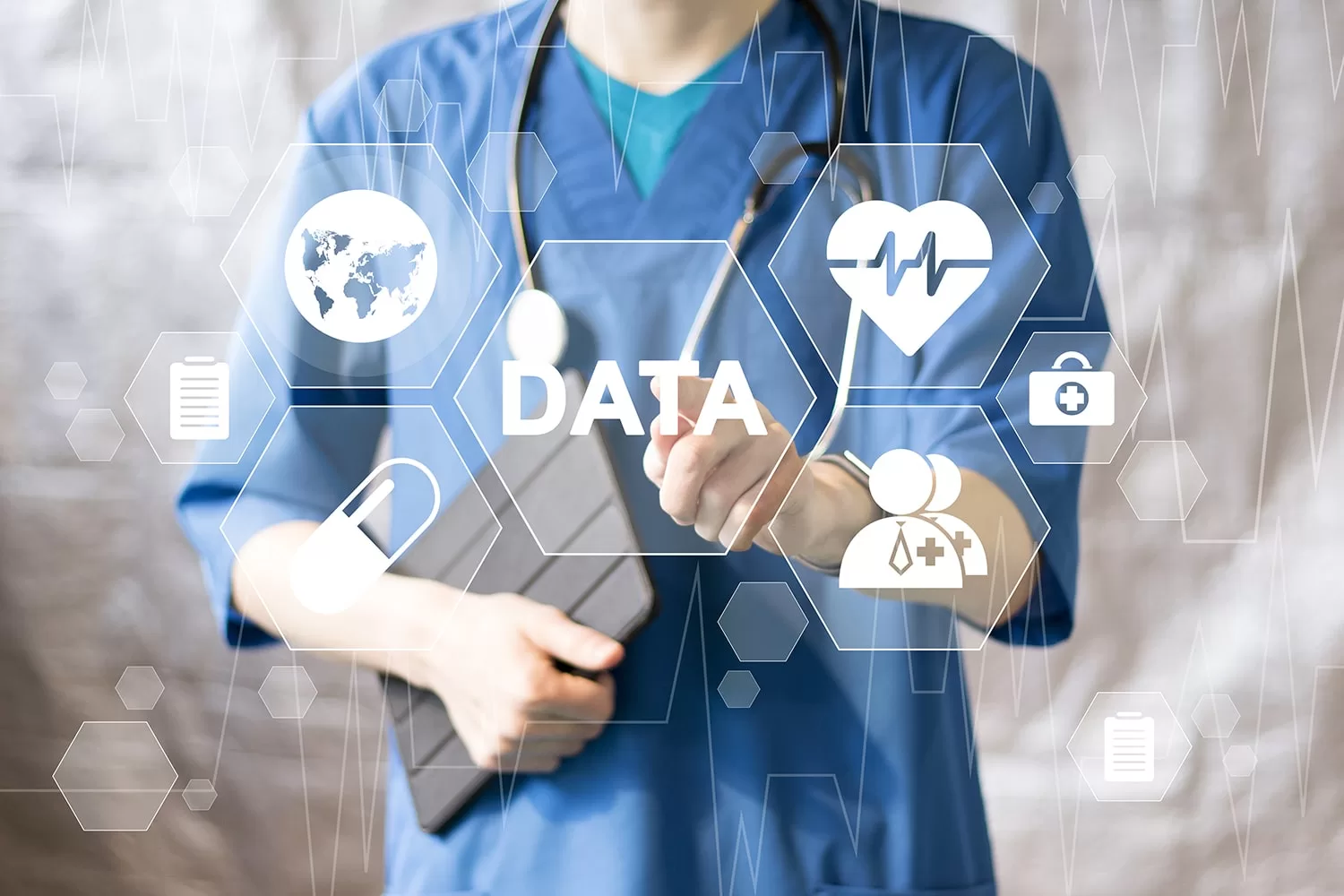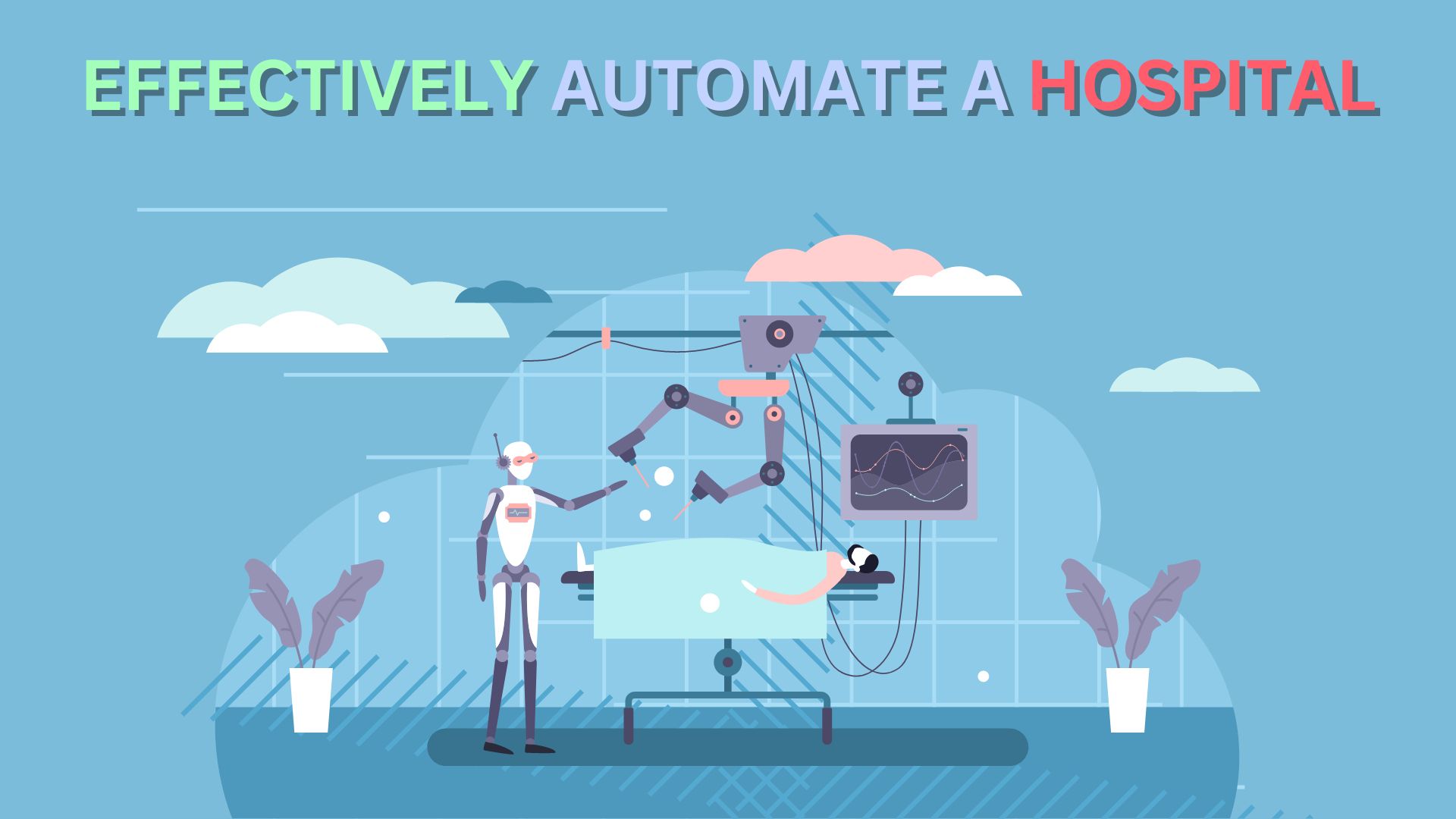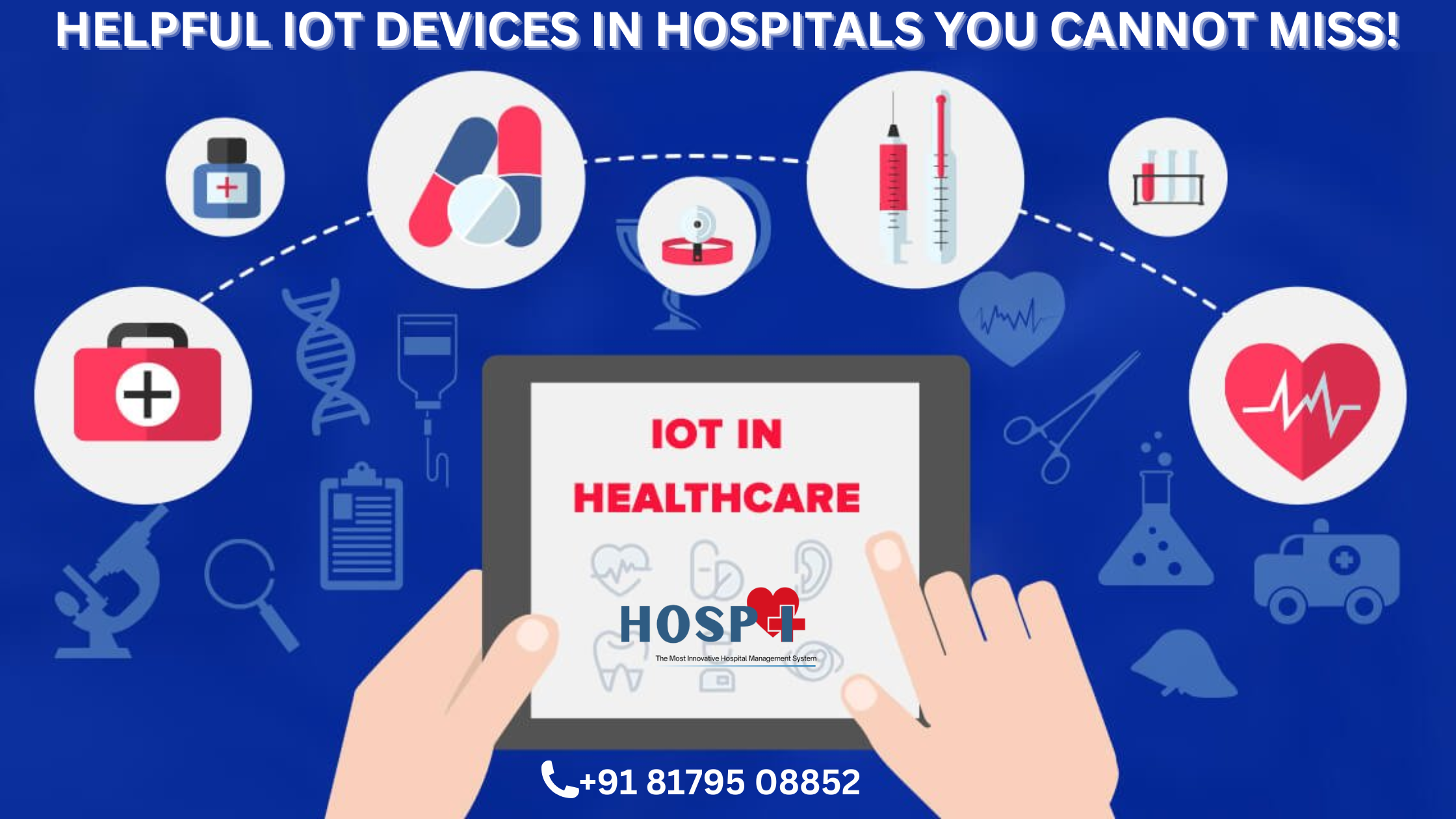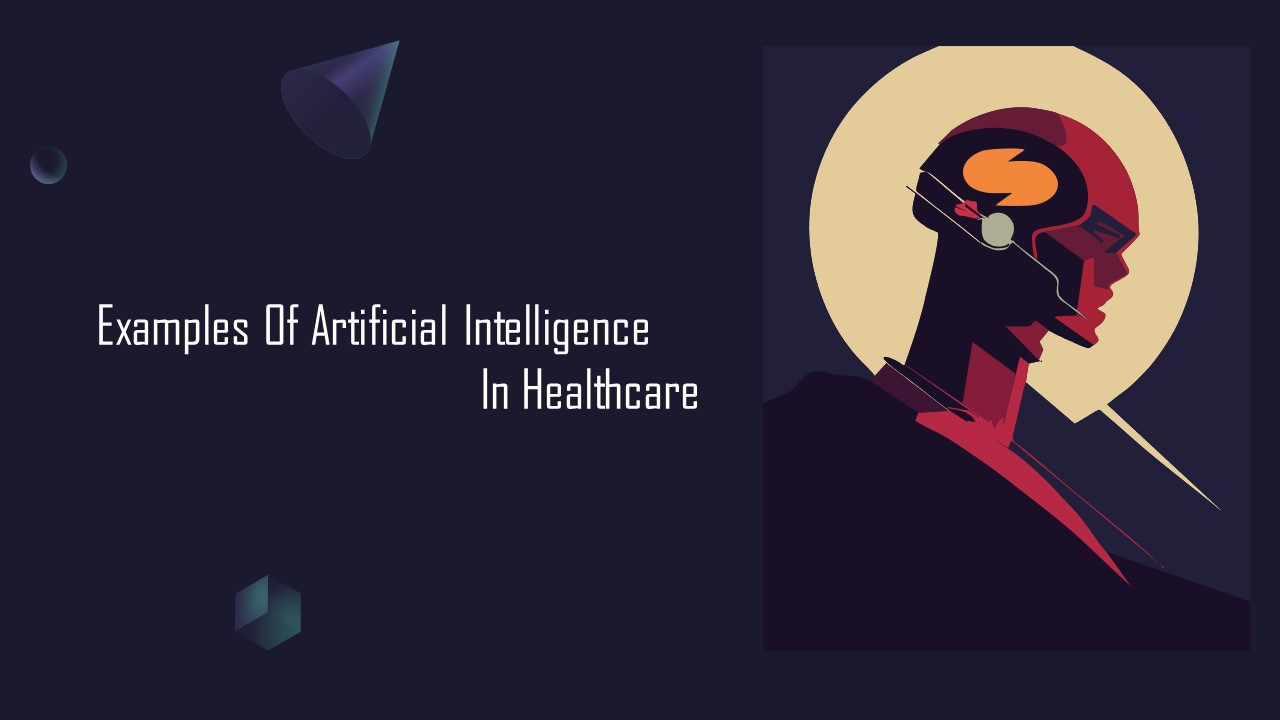Artificial Intelligence (AI) is no longer a futuristic concept in healthcare—it is an everyday reality transforming diagnostics, patient care, hospital operations, emergency response, and clinical accuracy. Hospitals across the world are adopting AI-powered medical instruments to increase speed, reduce human error, optimize
Read More
Discover the top 10 medical technologies of the future that are set to revolutionize healthcare. From AI-driven diagnostics and precision medicine to 3D printing, gene editing, and brain-computer interfaces, these innovations are transforming how we diagnose, treat, and prevent diseases. Explore the role of IoMT, robotic surgery, regenerative medicine, and telemedicine in shaping the future of patient care. Stay ahead in healthcare advancements with these cutting-edge technologies that promise to improve outcomes, increase accessibility, and personalize treatment. Learn how these breakthroughs are paving the way for a healthier, more efficient medical future.
Introduction: The Evolution of Diagnostics Diagnostics is the cornerstone of modern healthcare, driving precise disease detection, treatment planning, and personalized medicine. Over the past decade, remarkable advancements in lab testing and analysis have revolutionized patient care, reducing turnaround times, enhancing accuracy, and
Read More
Big Data Analytics in healthcare, as we delve into its profound influence on patient outcomes. Embrace the future of healthcare with data-driven insights for better patient care and improved results. Explore the power of Big Data Analytics in revolutionizing the healthcare landscape today.
As the healthcare industry evolves, automation has become a game-changer for hospitals, helping to streamline operations, enhance patient care, and reduce costs. By implementing the right automation strategies, hospitals can improve efficiency, minimize errors, and provide better healthcare services. In this comprehensive
Read More
The Internet of Things (IoT) is transforming healthcare, bringing intelligent automation, real-time monitoring, and seamless data exchange into hospitals. These smart devices enhance patient care, streamline hospital operations, and improve overall efficiency. Whether tracking vital signs remotely or managing critical medical equipment,
Read More
In the era of digital innovation, Artificial Intelligence (AI) has emerged as a game-changing force in healthcare. No longer limited to sci-fi fantasies, AI is already active in hospitals, clinics and health-tech startups worldwide — helping clinicians, administrators and patients alike. In
Read More

